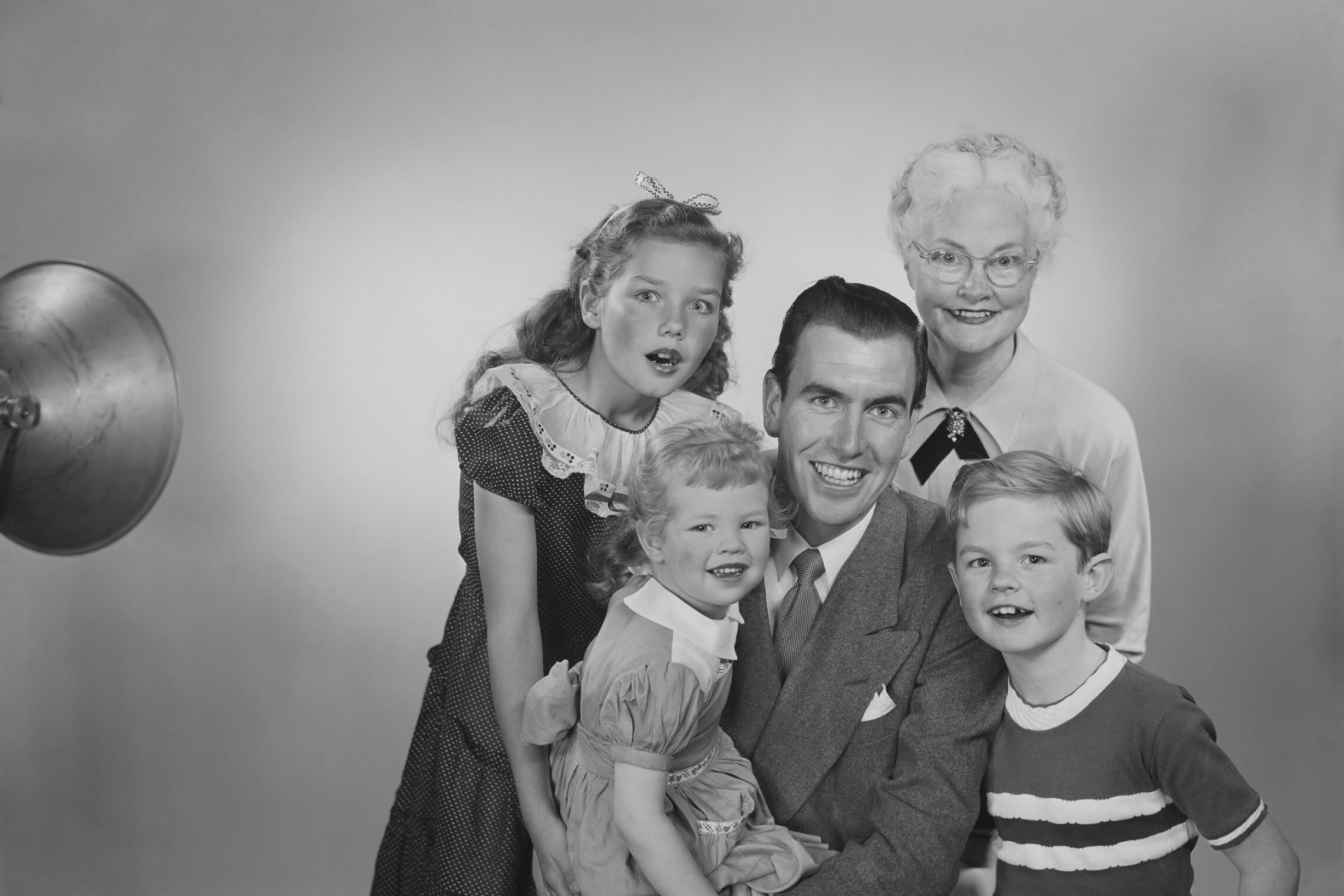Lifestyle and Living
Generation Jones – The Real Story Behind The Lost Generation
Sep 2022 | By Vivienne Singer
When the Second World War came to an end, people rejoiced. The coming era promised to be safe and prosperous, and those who had put their family aspirations aside finally embraced hope for a brighter future.
Couples procreated and a baby boom ensued.
In Canada alone, those born between 1946 and 1965 represent about a third of the population. If you refer to them all as Baby Boomers, however, and you might just get your wrist slapped. Why? Because those born between 1946 and 1954 have lived a very different experience from those born between 1955 and 1964. For the second group, life wasn’t quite so ‘booming.’
The former were born into a new economic landscape – one in which trailblazers like Gloria Steinham, Martin Luther King, and JFK inspired a generation of activists and change agents who grew up to enjoy success in a thriving economy. By the time those born between 1955 and 1964 came of age, however, things weren’t looking so bright.
The icons that had inspired their predecessors were no longer at the forefront. The economy was failing due to the oil crisis. Unemployment was high, families were struggling to make ends meet, and divorce was on the rise.
It’s these differences that ultimately led to the division of Baby Boomers into two sub-generations – the first being the more fortunate Early Boomers, and the second being the group that cultural commentator Jonathan Pontell coined Generation Jones, partially because of their day-to-day struggle to “keep up with the Joneses.”
Until Pontell identified Generation Jones in his 2011 USA Today Article Stuck in the Middle, no attention had been paid to those who, according to him, “aren’t really Boomers, but aren’t really Xers either.” This is why they’re often referred to as the lost or forgotten generation, although one might argue that there’s nothing forgettable about Madonna, Bill Gates, Theresa May, and Barack Obama, who all grew up “jonesing” for the same prosperity the Early Boomers had enjoyed.
All of this said, one can’t argue with the facts. Both the Early Boomers and Genjonesers were born during a post-war population boom, making them ‘boomers’ to some degree. Still, generational breakdowns are supposed to help us understand a key set of behaviours and values common to a group of individuals born at roughly the same time, in roughly the same conditions. When you think about it, these two cohorts don’t have much in common.
So, here’s a shout-out to Generation Jones. The ones that fell between the cracks. Once you were lost but now, thanks to Pontell, you are found.

